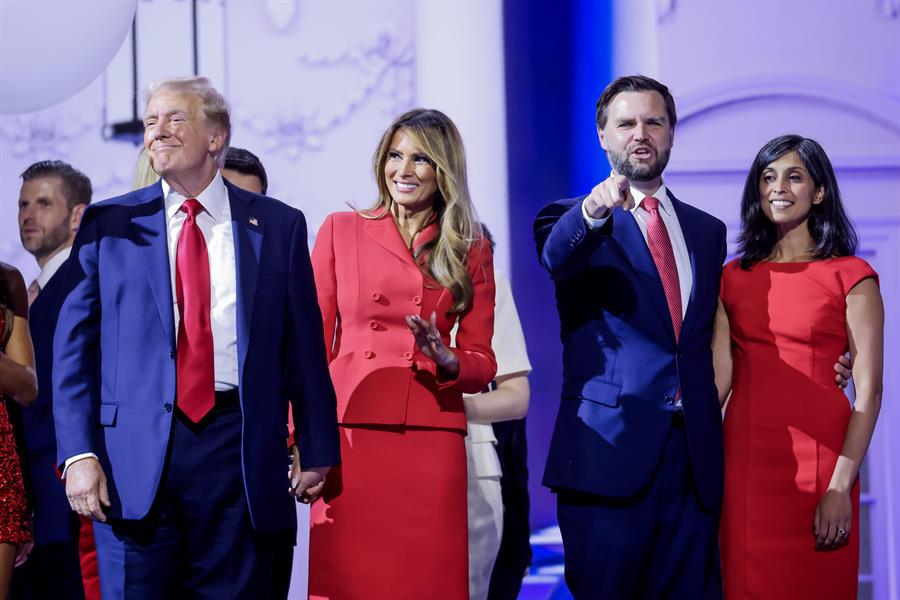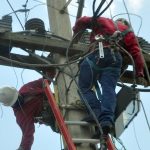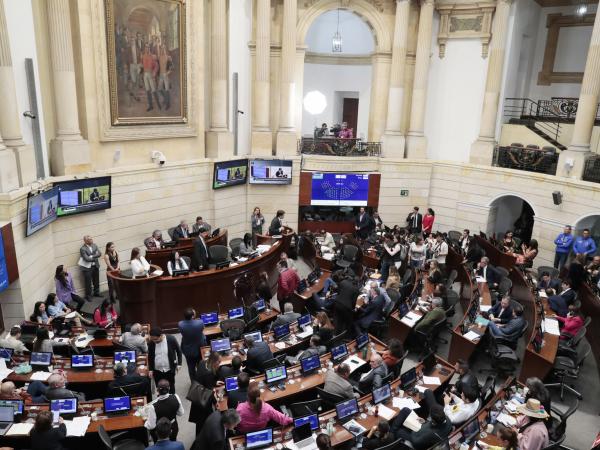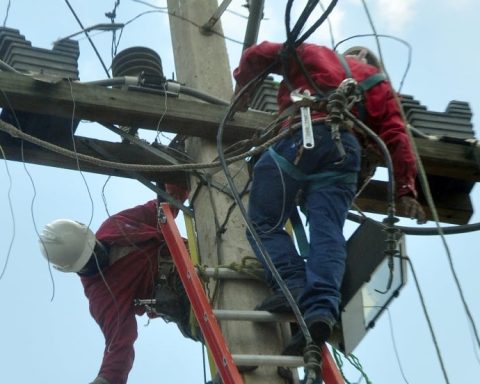The recently concluded Republican National Convention has been an event marked by triumphalism and voluntarism. And largely dedicated to repeating the well-known lies of Donald Trump, who is now the recipient of a “state of grace”, an unprecedented euphoria among his followers after surviving the attack of July 13thIt was a carefully crafted event in terms of imagery. One of them, placing several African Americans on the stage in open contact with the delegates, overwhelmingly from the white, Anglo-Saxon and Protestant world (the group known as WASP, for its initials in English).
But perhaps among those images none is as attractive as that of the brand new vice presidential candidate JD Vance, starting with a biography that is, in itself, a kind of apologia for populism.
Vance made his convention debut with a speech that underscored his Appalachian roots and upbringing. “Never in my wildest imagination would I have believed I would be here tonight. I grew up in Middletown, Ohio, a small town where people spoke their minds, built with their hands, and loved their God, their family, their community, and their country with all their hearts. But it was also a place that had been neglected and forgotten by the American establishment in Washington.”
He couldn’t help but mention, of course, his time in the Marines, or lean into emotional stories of his family and his “tough-as-nails” grandmother, and his single mother’s struggles with addiction.
Of course, there was praise for Trump, highlighting the moment the former president raised his fist at the Pennsylvania campaign rally, after nearly losing his life. “Look at that picture of him defiantly, fist raised. When Donald Trump stood up in that field in Pennsylvania, all of America stood behind him. Even at his most dangerous moment, we were on his mind,” Vance said. “His instinct was for us. To call us to something higher.”
The pendulum swing

Author of a memoir that became extremely popular in 2016 (Hillbilly Elegy), where he tells his personal story in the environment of Rust Belt (Rust Belt, a term in American culture that refers to an industry that has “rusted away” due to the impact of deindustrialization, population loss, and the decline of steel, automobiles, manufacturing, and coal mining), his basic message was typical: only through their own willpower can Americans living in regions with economic and social difficulties improve their lives. Back then, however, he was a rabid anti-Trumpist.
In comments promoting his book, he said Trump had preyed on or exploited the fears and prejudices of white, working-class voters. “I can’t stand Trump because I think he’s a fraud. I think he’s a total fraud who’s exploiting these people.”
Later, in September 2016, he argued that Trump’s promised immigration policies, such as the “Great Mexican Wall,” were too simplistic and doomed to fail. “At the core of Trump’s immigration message is that if we had less immigration, we would have much better jobs,” he said. “I think it’s much more complicated. My own sense is that Trump definitely simplifies these issues. I don’t think that if you build a Great Mexican Wall, all of a sudden all these steel mill jobs will come back to southern Ohio.”
In that context, during the 2016 Republican primaries, Trump was receiving strong criticism from various competitors (and those around him), often far beyond the norm. Let us briefly say that Senator Ted Cruz called him a “completely amoral” man; another senator named Marco Rubio said of him: “Friends don’t let friends vote for crooks.” And a final senator, Lindsey Graham, warned that if Trump were the nominee, “we would be destroyed… and we would deserve it.” But ultimately, they would all end up moving the pendulum in the other direction, to the rhythm of the enthusiastic MAGA hordes.
The vice presidential candidate was part of that process, going from never trump to the king’s page and, consequently, erasing his heretical statements from the records. For example, having called the then Republican candidate “an idiot” and warned his fellow Christians that “the whole world is watching when we apologize for this man.” Or having asked if he was “the Hitler of the United States.” Or saying, once elected, that he was a “moral disaster.” Or calling him a “total fraud.” “Trump is a cynical imbecile like Nixon.” He deleted even more insults from the web, this time linked to toxicity: Trump was a “cultural heroine” and “another opioid” for the American middle class.
But in 2020, Vance fully embraced Trump as he ran for the Ohio Senate. He competed hard for his endorsement. And he finally got it…
It was like an epiphany. “I said those critical things, and I regret and regret that I was wrong about that man,” he told Fox News in 2021. In a statement to CNN, he cited Trump’s “many successes in office.” He added: “I am proud to be one of Trump’s strongest supporters in the Senate and will do everything in my power to ensure that President Trump wins in November. The survival of America depends on it.”
Putting the lid on the bottle, last February, as if to ensure his inclusion on the Republican ballot, he upped the ante. He said that he would not have certified the 2020 elections if he had been the vice president of the United States at the time; that is, he would have refused to certify the elections of January 6, 2021, as the Constitution dictates, if he had been in Mike Pence’s place.
“If I had been vice president, I would have told states like Pennsylvania, Georgia and so many others that we needed to have multiple lists of electors,” he told ABC News. And he ratified his status as vice president. election denier“And I think the United States Congress should have done that. I fought for it from there. That’s the legitimate way to deal with an election that many people, including myself, believe was very problematic in 2020. I think that’s what we should have done.”
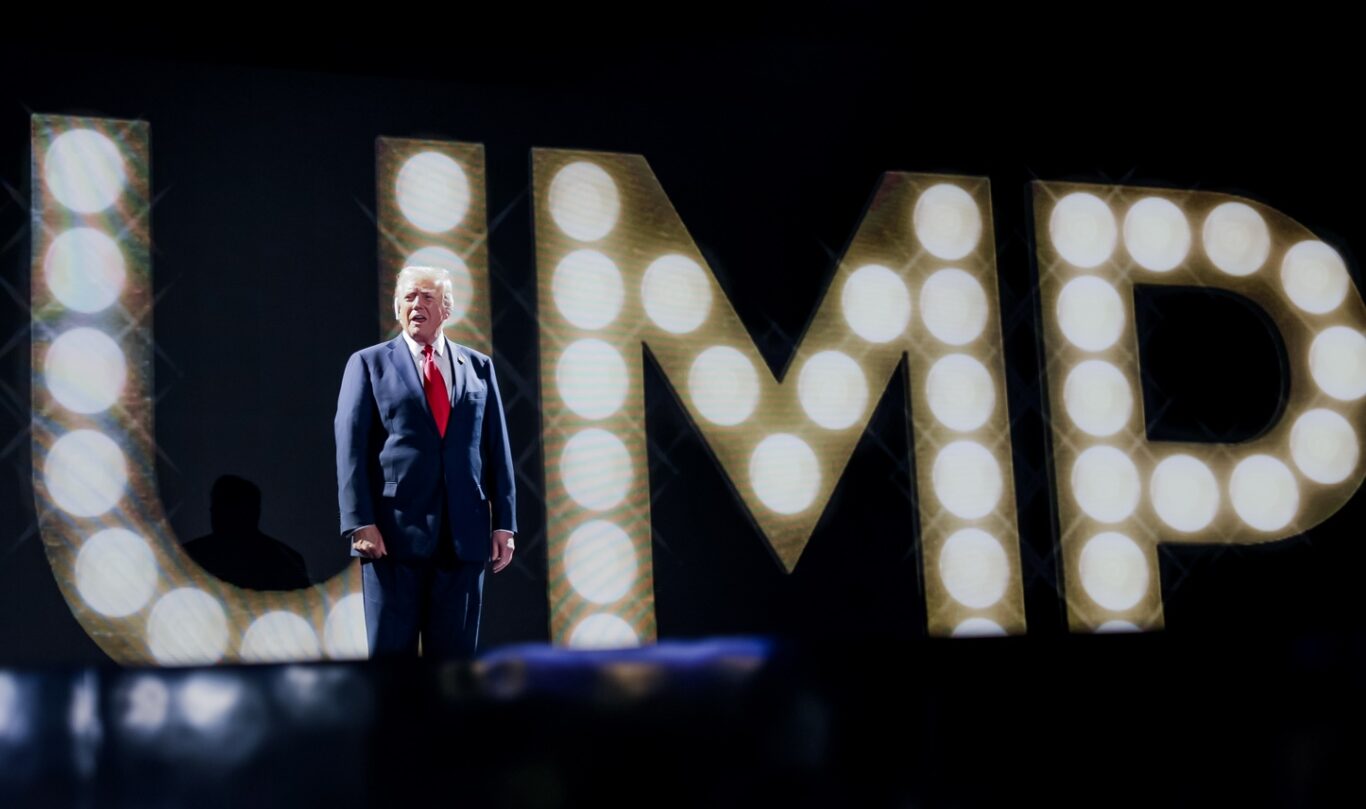
The rest was pure ultraconservative credo. “I’m pro-life. I want to save as many babies as possible.” Always continuing to flatter the drum major. “And, of course, I think it’s totally reasonable to say that late-term abortions should not happen with reasonable exceptions. But I think Trump’s approach here is to try to resolve a very difficult issue and, in fact, to empower the American people to decide that for themselves.”
In short, his acceptance speech is part of the final act of the process of transforming the Republican Party into Trump’s party – in other words, elevating him from a political leader to a privileged being protected by God himself. One delegate to the Convention was very clear on this point, among many others. “I believe that President Trump is a transformative figure, a man of destiny whom God providentially saved from death on Saturday,” said Ed Tarpley, a delegate from Louisiana. “He has been entrusted with a special mission in our country. The providential hand of God has elevated Donald Trump to a different status.”
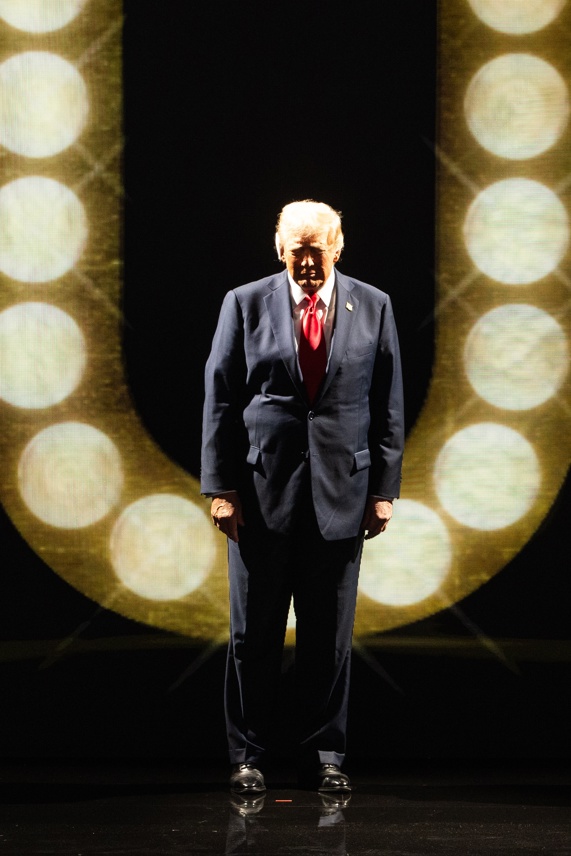
These are the republicans of their kind, as opposed to the so-called traditionalists, who have been practically displaced by this new wave of conventional political operators. They wanted a personality-cult party, and they already have it. If they were to triumph in November, they would be inaugurating the first imperial presidency since the advent of the Republic more than two centuries ago.
That, and nothing else, is the crossroads at which the United States finds itself today.
“
